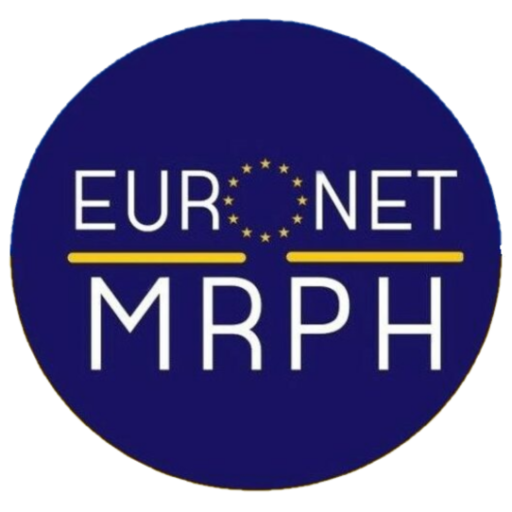EuroNews #18 – Survey of the current state of public health emergency management teaching in italian schools of specialization in hygiene and preventive medicine among medical residents
by: Dott. Stefano Greco, MD. Resident in Hygiene and Preventive Medicine at the University of L’Aquila, Co-ordinator of the Consulta SItI’s working group of Emergency Management and Disaster medicine; Dott. Francesco Rosiello, MD; Dott. Antonio Vinci, MD. Resident in Hygiene and Preventive Medicine at Università di Tor Vergata; Dott. Mario Muselli, MD. Resident in Hygiene and Preventive Medicine at University of L’Aquila
Abstract
Following the institution of the working group on Emergency Management and Disasters Medicine within the Italian Advisory Body of Medical Residents in Hygiene, Preventive Medicine and Public Health ( Consulta SItI), an official body of the Italian Society of Hygiene, Preventive Medicine and Public Health (Società Italiana di Igiene, Medicina Preventiva e Sanità Pubblica, SItI), a survey on preparedness, knowledge demand and professional interest on disaster medicine among residents in public health has been conducted. 96 out of about 500 interns answered the survey.
From the answers it can be affirmed that, despite growing attention on the matter (especially due to the numerous nefarious events that afflicted Italy in the last 10 years), a very small number of Schools of Specialization dedicate time of resources on the thematic.
Introduction
Italy, during the last 10 years, was afflicted by 5 earthquakes of medium-high intensity (Richter >3) and several floods and\or unseasonal meteorological hazards. These events sum up to anthropic disasters of national relevance, such as the collapse of Morandi Bridge in Genua, interrupting a fundamental traffic road not only for the city and the hinterland, but for the entire national road movements of people and goods.
Materials and Methods
After a first meeting (in person) on the creation of the working group, several online meetings were indicted via skype in order to design a questionnaire to be delivered on all Italian’s Public Health (Hygiene) residents.
The final questionnaire consisted of 12 Items, based on a 6-steps increasing scale (0-5), yes/no answers and open ones. It was host on Google module and diffused to all Schools, whose interns had ample time to answer to (one month).
Results
96 out of 500 interns answered the questionnaire, from 26 out of 35 schools. Overall compliance was of 19,2% for interns and 74,2 for schools.
The answers, shown in figure 2, were as follow: 79% declared they never attended any activity on emergency management in public health; 93.8% is not satisfied by the space reserved to the thematic in their School; 75% declared to be interested in the thematic (scale score >= 4); 80% declared they never attend to any course on the matter and 86% that their university did not have any Master active on the thematic.
As per sources of information, 58,9% declared they look for information on courses and congresses, with a strong interest on workshops, simulations, and formative events.
Last but not the least, 81,3% declared absence of a sharing policy for confrontation and experiences exchange among Schools from clinical areas.
Strengths and Limitations
Unfortunately, number of respondent residents was only a fraction of the total resident number, most likely those who already had a keen interest in the matter. This could have lead to a selection bias, at least on the interns’ interest section; it must be noted, however, that this has no repercussions on the study section regarding presence of specific courses or masters, since this does not depend from the number of participants.
Also this did not influence the statistics covering information sources either, since those who have no interest are not expected to have a source of information at all.
Discussion
An analysis of answers shows that there is high interest on the matter by Italian residents, but unfortunately such interest is not always met by the courses held in the respective Specialization Schools. Henceforth, the authors believe it is opportune to allow an enrichment of the formative portfolio of Italian interns, and that this should be reported in all opportune environments, in order to answer to the formative demand hereby emerged.
Acknowledgements
The survey was conducted by Dr. Stefano Greco, MD, resident from L’Aquila University and co-ordinator of the Consulta SItI’s Emergency Management and Disaster medicine working group. All the members of the Working Group actively helped Stefano to realize this project.
